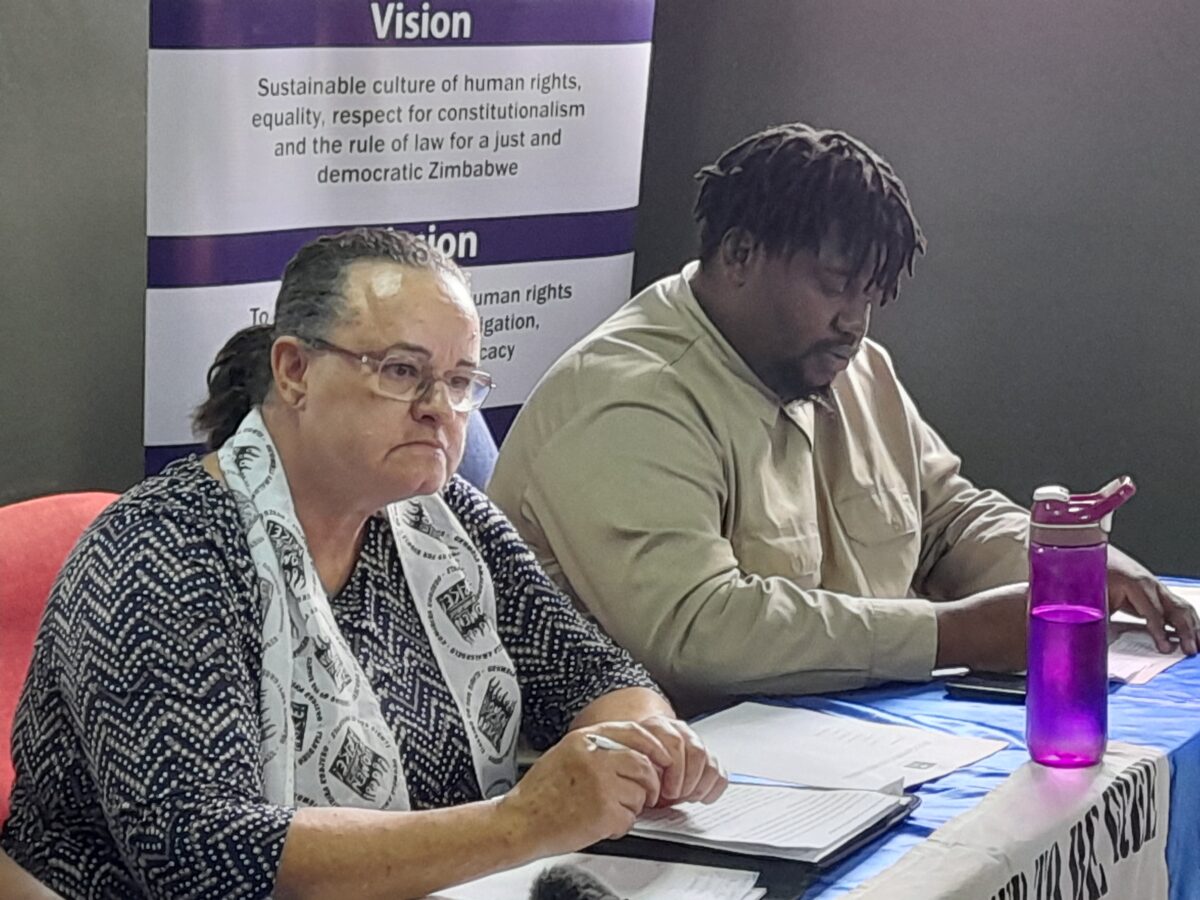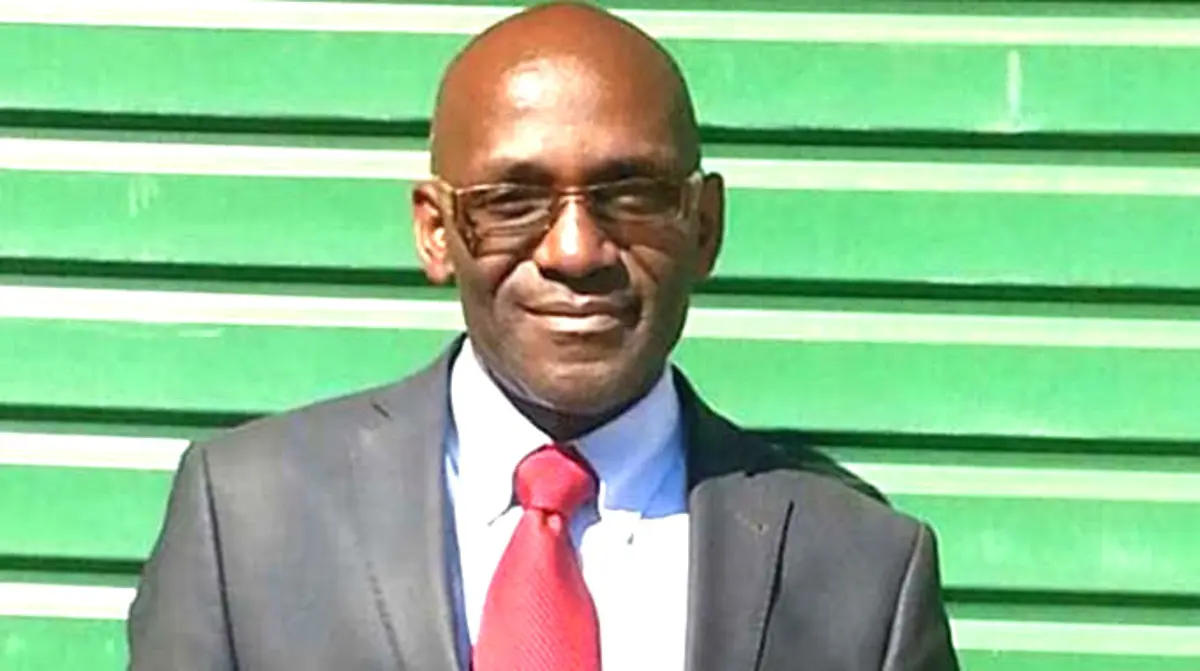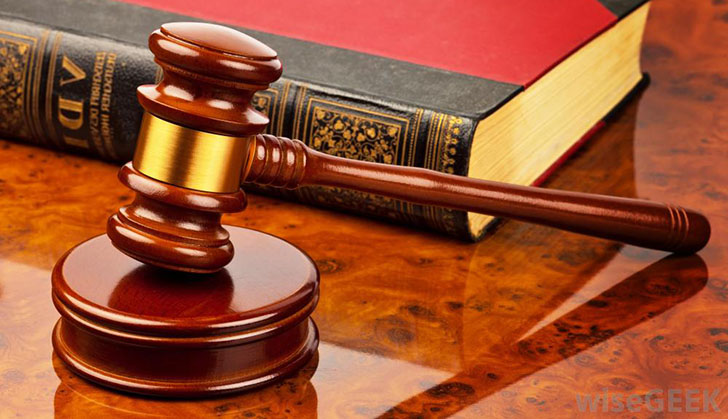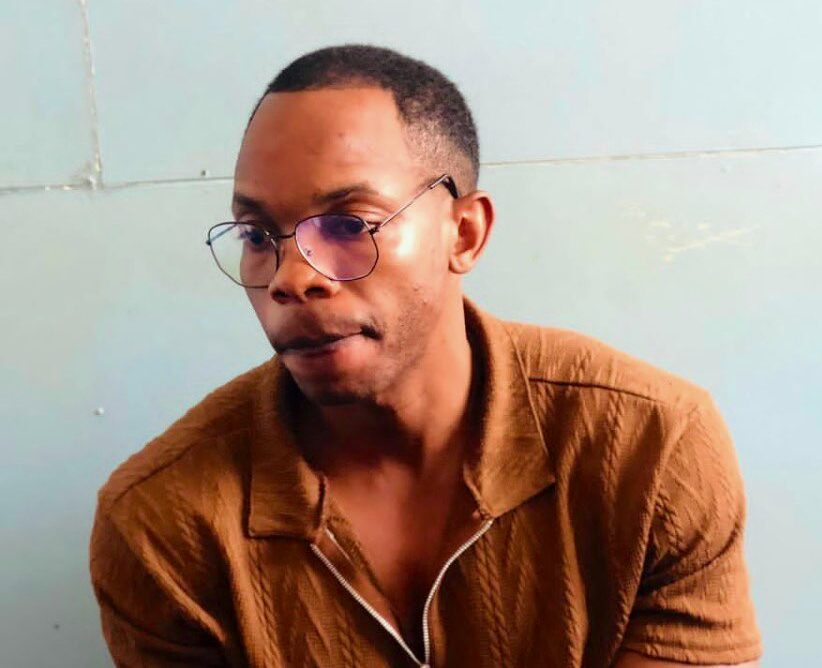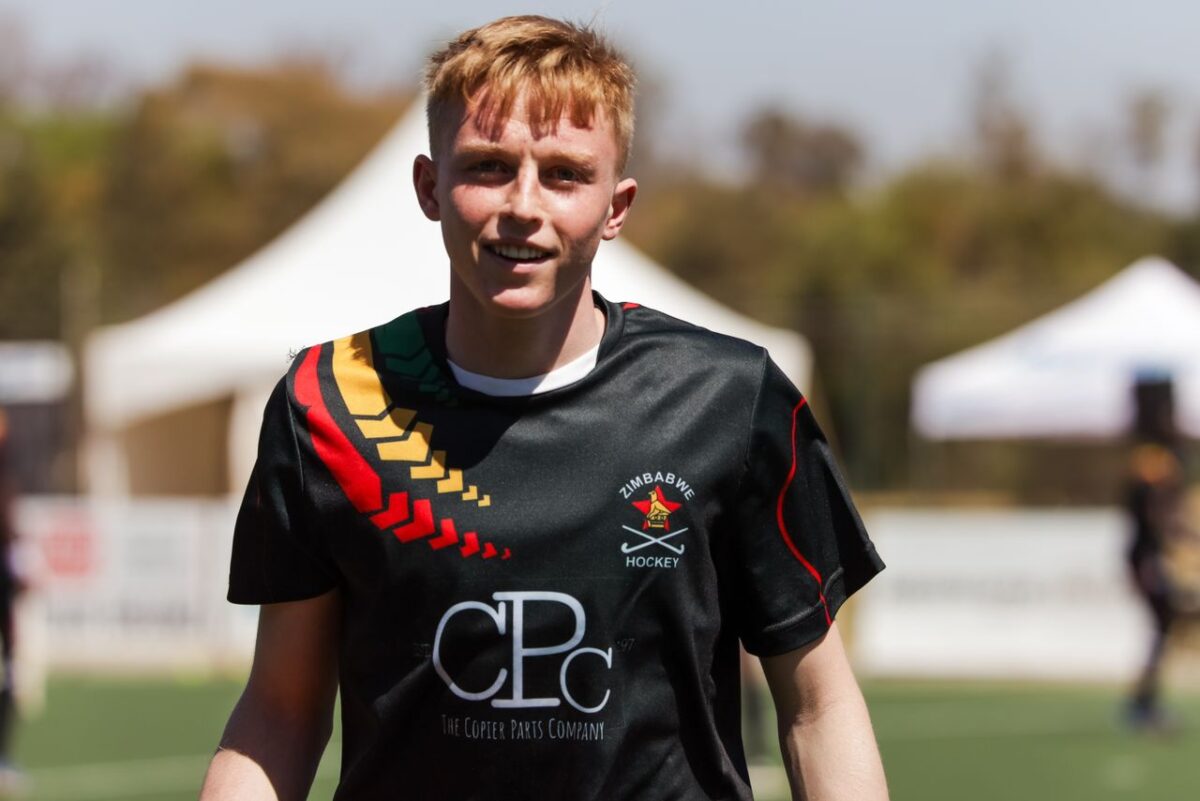HARARE – The African Commission for Human and People’s Rights (ACHPR) has ordered Zimbabwean authorities to identify and punish police and state security agents who arrested and tortured members of Women of Zimbabwe Arise (WOZA) in some of the group’s over 200 public demonstrations conducted past few years.
This follows a successful complaint filed with the Commission by the firebrand social justice movement detailing how Zimbabwean authorities have violated the rights of members through often violent disruption of peaceful demonstrations, arbitrary arrests, torture and vindictive prosecution.
WOZA, under Jennifer Williams, its national coordinator and Magodonga Mahlangu (programmes coordinator), conducted over 200 peaceful demonstrations against government between 2003 and 2013.
The protests varied from marches, mass demonstrations, sit-ins, verbal expressions to the holding of placards.
But attempts to exercise their freedom of expression, assembly, association were often curtailed by government through the actions of the ZRP and other state actors who responded through brutal force.
According to the organisation, over 10,000 of its members were arrested.
Of the arrests, there have been 15 trials which have all failed to secure convictions within Zimbabwean courts.
They were charged in many cases with participating in gatherings with intent to promote breaches of the peace, or bigotry under Section 37 of the Zimbabwe Criminal Law (Codification and Reform) Act (Zimbabwe Criminal Code).
WOZA first challenged the State through the Constitutional Court which asserted their rights to peaceful demonstration.
However, this was ignored by Zimbabwean authorities who continued to visit brutalities on members of WOZA, culminating in the movement escalating its complaints with the Commission 26 April 2013.
The complaint was filed to the Commission by Robert F. Kennedy Center for Justice and Human Rights and the Zimbabwe Lawyers for Human Rights on behalf of Williams, Mahlangu, and WOZA.
The complainants wanted the Commission to interdict government to stop interfering with the victims’ rights to engage in peaceful protest.
In addition, WOZA members also flagged specific forms of gender discrimination.
The final decision was taken at the 31st Extraordinary Session by the Commission held virtually from 19-25 February 2021, and released to WOZA through its lawyers on 10 November 2022.
The government was found to be in breach of its duty to protect the rights of citizens in its failure to protect WOZA members against non-discrimination as per Article 2 of the Charter.
The Commission “urged the Respondent State to promptly and independently investigate, prosecute and punish all State actors responsible for violations of Articles 1, 2, 3(2), 6, 9(2), 10 (1), and 11 of the African Charter and provide redress for prejudices suffered by the victims.”
The Commission also urged “the Respondent State to implement all domestic laws, policies and practices as well as international and regional standards, for the protection and facilitation of the right to engage in peaceful protest and public demonstration.”
Government was also ordered to “carry out human rights trainings to police and public officials”.
At a media briefing in Harare on Monday, WOZA leaders said they were relieved by the position taken by the Commission adding that they have since written to government through the Ministry of Justice, Legal and Parliamentary Affairs seeking to engage Zimbabwean authorities on how to operationalise the landmark decision.
“Our expectation is to jointly develop an action plan and terms of reference towards formation of an independent body to fulfil item three of the decision, and…provide redress for prejudices suffered by the victims.
“We also look forward to engaging on how the state can implement all domestic laws, policies and practices as international and regional standards for the protection and facilitation of the right to engage in peaceful protect and public demonstrations; and carry out human rights trainings to police and public officials,” said WOZA in a statement read to the media by Williams.
Added Williams, “This item is of particular importance to WOZA as we were individually, collectively and organisationally prejudiced and we need to heal.”

